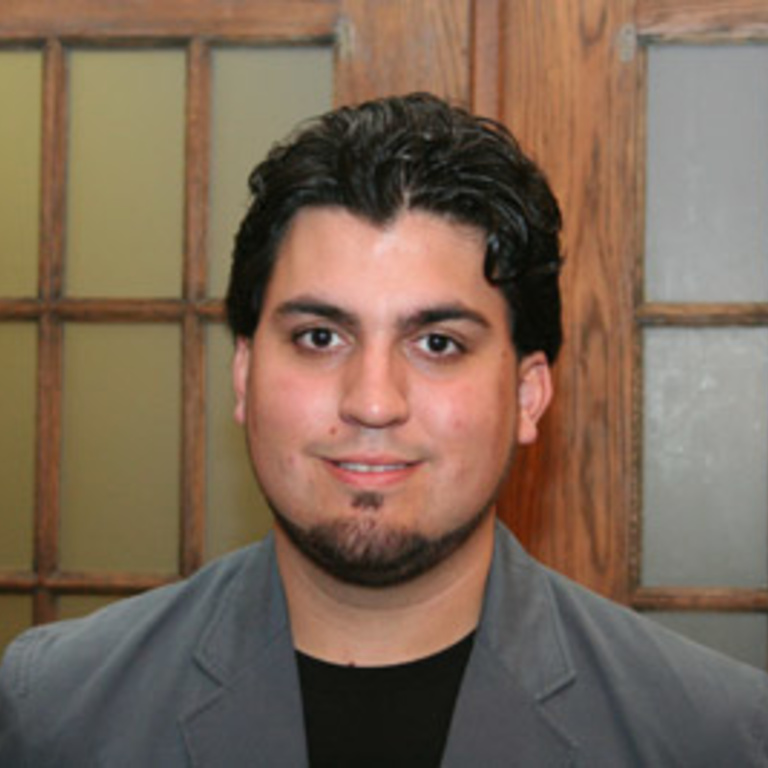Jose Rodriguez-Romaguera
Psychosocial Stress: Sex Differences in Cortisol Response and Speech Productivity
Psychosocial stress causes physiological responses in the body. The Trier Social Stress Test (TSST; Kirschbaum et al., 1993) is a psychological procedure that allows experimenters to induce stress under laboratory conditions. The procedure allows experimenters to investigate test subjects’ stress levels across multiple measures (cortisol, heart rate & subjective reports), and to investigate sex differences in stress responses (Kudielka & Kirschbaum, 2006). Our pilot study used the Speech Analysis for Psychosocial Stress (SAPS), a technique developed in our laboratory to analyze a variety of speech variables from speech samples. The speech variables assessed by SAPS include: total words, total syllables, pauses, and an index of speech productivity. We collected salivary cortisol, heart rate, and ratings of negative affect in response to the TSST from 29 participants, 14 women and 15 men. In our analysis we divided groups by gender and into sub-groups depending on their cortisol response. The subgroups were divided into high cortisol responders (n=6 women, n=8 men) and low cortisol responders (n=8 women, n=7 men). Our preliminary data suggest a difference in the pattern of word productivity in the first minute of the TSST as a function of gender and cortisol response.
